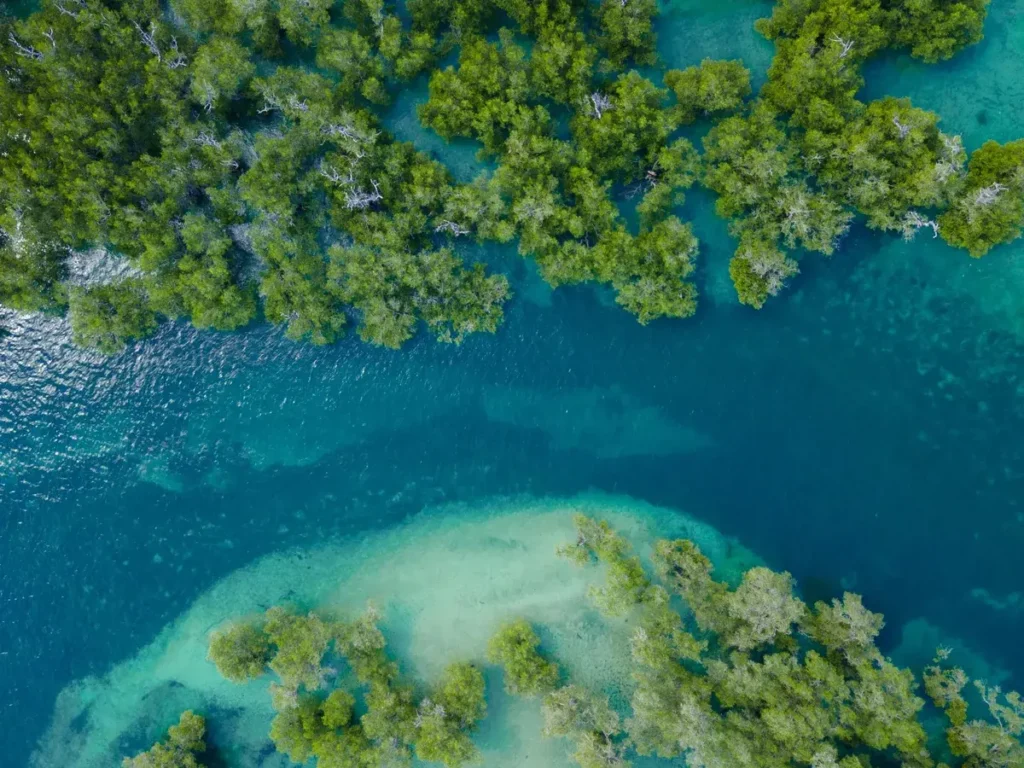During the Middle East and North Africa Climate Week 2023 in Riyadh, Minister of State for Foreign Affairs and Saudi Climate Envoy Adel Al-Jubeir disclosed that Saudi Arabia has earmarked a staggering $186 billion for the execution of the Saudi Green Initiative.
In a panel discussion on the event’s inaugural day, Al-Jubeir expounded on the country’s innovative initiatives, designed to achieve ambitious climate goals. One such initiative focuses on the strategic urban planning, aimed at reducing congestion and subsequently curbing pollution. Al-Jubeir highlighted the potential impact, stating, “If these initiatives save an hour per day for each person, they will save the equivalent of four years of his life when he reaches the age of 80.”
The minister also emphasized the kingdom’s comprehensive strategy, which involves the conversion of waste into energy and extensive tree-planting endeavors, including the cultivation of mangroves. He underlined the importance of a well-thought-out, scientific approach to determine the most suitable flora for various regions, along with sustainable agricultural practices that optimize water usage.
Al-Jubeir underscored Saudi Arabia’s commitment to leading the charge in environmental preservation and climate change mitigation. He advocated for a pragmatic and actionable approach to tackle climate-related challenges effectively.
Furthermore, the minister presented an overview of the Kingdom’s multifaceted initiatives at local, regional, and international levels, including the Green Saudi and Green Middle East initiatives. He highlighted the adoption of a circular carbon economy model, the diversification of energy sources, and the ambitious objective of transforming Saudi cities into environmentally friendly zones, free from pollution.
Al-Jubeir also shed light on the nation’s strides in the agricultural sector, emphasizing water reuse for irrigation purposes. He detailed the launch of the Saudi Green Initiative, encompassing 77 diverse projects. “There are other things we are working on, such as how to design industrial facilities or how to capture carbon, as well as to ensure that energy sources are as clean as possible, and ensure adherence to very high standards,” he added.
The panel discussion also featured prominent figures such as UAE’s Minister of Climate Change and Environment Mariam Almheiri, Minister of Environment, Climate Change and Technology of Maldives Shauna Aminath, and the Executive Secretary of the United Nations Economic and Social Commission for West Asia Rola Dashti.
